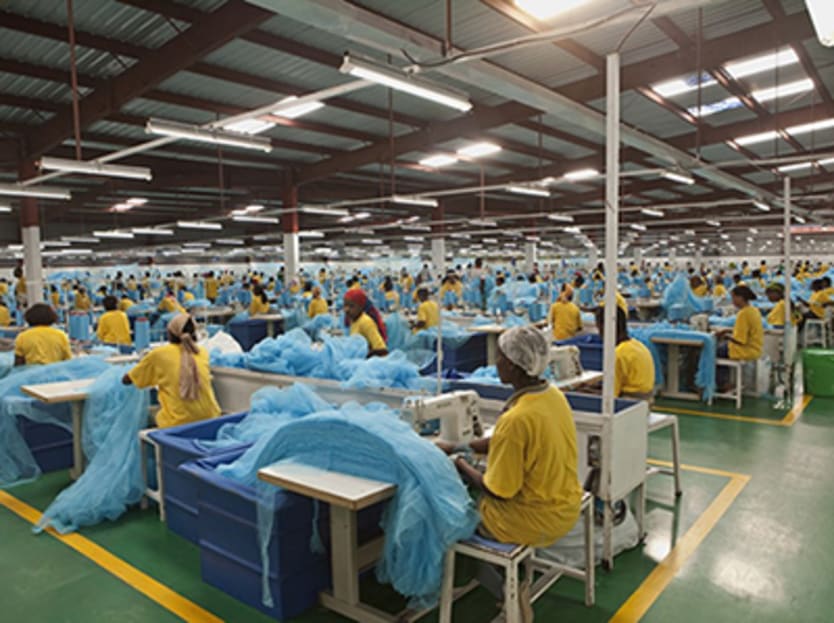
The Global Fund to Fight AIDS, Tuberculosis and Malaria is changing the way it does procurement, another step for the institution that has undergone major restructuring in the past year.
The organization announced on Tuesday a new framework that allows it to pool orders from countries purchasing life-saving tools to combat AIDS, tuberculosis and malaria. This is a major shift from its current “spot tendering” approach, through which it submits separate, individual orders for each country, a practice that had huge effects on demand and prices as suppliers had “no visibility on procurement plans and cannot adequately plan production,” a spokesperson told Devex.
The latest approach, however, is expected to stabilize demand and prices, and give the fund opportunities to identify inefficiencies.
Under the new framework, supplier contracts will have a two-year framework, allowing the fund to monitor supplier performance in terms of pricing, delivery lead time, ownership of facilities, innovation, product quality and value proposition. Performance during that period will have an “impact on [the fund’s] future business with suppliers,” noted the spokesperson.
Savings
The Global Fund also announced on Tuesday a single tender for 90 million mosquito nets — the largest in its history — to kick off the new strategy. This is a pooled order for about 20 countries that have net requirements between 80,000 and 27 million in 2014, a move intended to save both organization and partners up to $140 million.
The initial savings, explained the spokesperson, “are linked to the countries using the pooled procurement mechanism, and as more countries use this mechanism, it is expected to get additional savings, as some of the discounts negotiated with suppliers are volume related.”
The choice of suppliers could also drive cost savings, as the fund aims to support production in the very countries where there’s high demand for lifesaving tools such as mosquito nets, thereby reducing costs such as shipment.
In its first purchase, the fund chose a total of seven suppliers, which we learned are:
AtoZ Textile Mills – based and with production facility in Tanzania.
DCT – U.S.-based with production facility in China.
Sumitomo – Japan-based with production facility in Vietnam.
Shobikaa – based and with production facility in India.
Tana Netting – Dubai-based with production facility in Pakistan.
Vestergaard Frandsen – Switzerland-based with production facility in Vietnam.
Yorkool – based and with production facility in China.
But the fund is not only eyeing mosquito nets. Chief Procurement Officer Christopher Game is also currently in discussions with PEPFAR, the South African government and manufacturers of antiretroviral drugs, and is in the process of doing the same purchase for diagnostics and male circumcision devices that could help prevent HIV transmission.
“The Global Fund strategy is in leveraging the total spend on health products to attain better prices, more value for money and thus save more lives,” said the spokesperson.
The decision is the latest in a series of reforms the fund has undertaken, which include the development of a new funding model and last week’s decision to require high-burden countries to submit a single grant proposal for HIV and TB treatment programs.
Read more development aid news online, and subscribe to The Development Newswire to receive top international development headlines from the world’s leading donors, news sources and opinion leaders — emailed to you FREE every business day.








